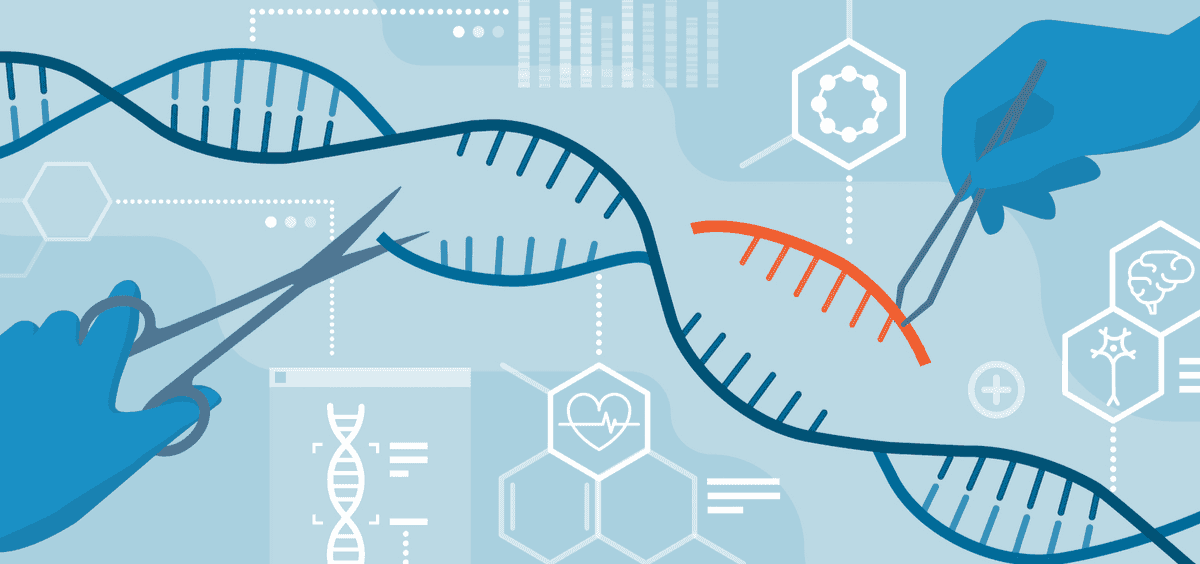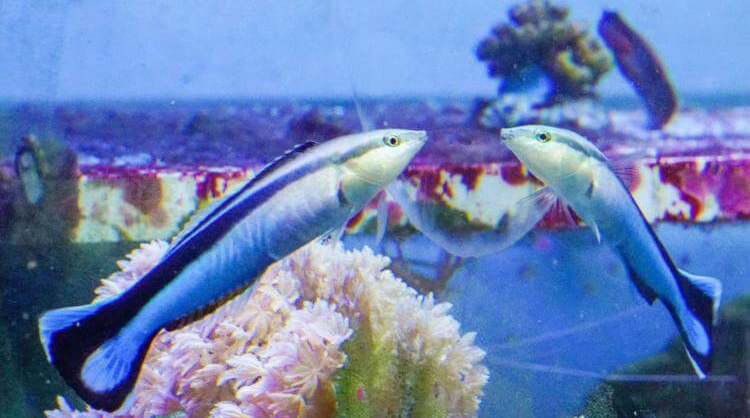UC Berkeley Loses CRISPR Patent Case

Image: iStock
🧬 The US Patent and Trademark Office ruled this week that the Harvard-MIT Broad Institute – not UC Berkeley – was the first to invent CRISPR/Cas9 gene-editing technology for use in animals, including humans.
- This decision invalidates claims made by a pair of researchers who won the 2020 Nobel Prize for developing the tech – Jennifer Doudna from UC Berkeley and Emmanuelle Charpentier from the University of Vienna.
- Several biotech companies, including Intellia, Caribou Biosciences and CRISPR Therapeutics, currently license CRISPR technology from a company formed by the Nobel researchers’ universities.
- Monday's ruling invalidates those patents, meaning the biotech companies must now license the gene-editing tech from the Broad Institute.
- Editas Medicine Inc., which holds an exclusive CRISPR licensing agreement with the Broad Institute, saw its shares rise 17% overnight Monday.
✋ Yes, but: Biotech companies are already pursuing other gene-editing technologies that wouldn’t be covered under existing patents – like using an enzyme other than Cas9 to edit the genome, or trying a different technique called base editing.
- “’[The court’s ruling] will be really, really important for a short period of time then not so much anymore,” Jacob Sherkow, a professor of law at the University of Illinois, told Bloomberg.
👀 Looking ahead... The UC Berkeley group said it’s “considering various options to challenge this decision,” which can be appealed one step further to the federal circuit court.
+Dig deeper: Read the details of the case.
Share this!
Recent Science & Emerging Tech stories

Science & Emerging Tech
| February 28, 2022The Device That Kicks Your Heart Into Gear
⚽ Less than nine months after suffering cardiac arrest at Euro 2020 last summer, Danish soccer star Christian Eriksen, 30, returned to the pitch thanks to the help of a medical device known as an implanted cardioverter-defibrillator (ICD).

Science & Emerging Tech
| February 24, 2022Your Life May Actually Flash Before Your Eyes
🧠 The activity of a dying human brain was recorded for the first time ever in a new study published Tuesday in the peer-reviewed journal Frontiers in Aging Neuroscience.

Science & Emerging Tech
| February 23, 2022The Fish in the Mirror
🪞🐟 Fish may be self-aware, according to the results of a study published last week in the peer-reviewed journal PLOS Biology, which follows up on a controversial 2019 study claiming the same thing.
You've made it this far...
Let's make our relationship official, no 💍 or elaborate proposal required. Learn and stay entertained, for free.👇
All of our news is 100% free and you can unsubscribe anytime; the quiz takes ~10 seconds to complete